Artificial Intelligence And Legal Framework In India
By MYBRANDBOOK
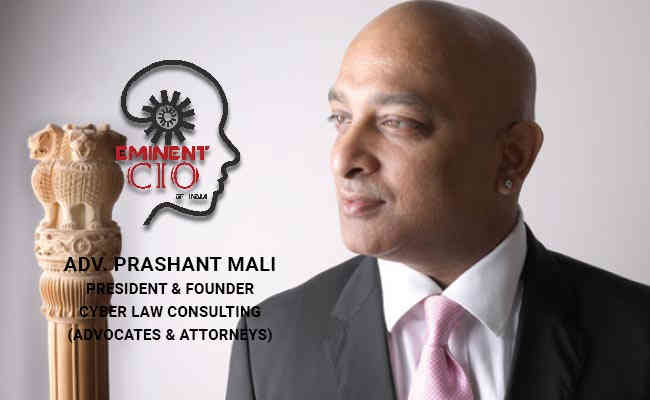
President & Founder, Cyber Law Consulting, (Advocates & Attorneys)
First India needs to adopt a legal definition of AI. I propose, The Companies Act, 2013 allows creation of “One Person Company” so it can be amended for the creation of “Zero Person Company” and similar entity structures under which an AI system can be given the functional equivalent of legal personhood. AI may be granted the status of a ‘person’ under the law because unlike corporations, AI is indeed autonomous because after a point, the programmers of AI do not control it and all activities are performed on its own intelligence. Is Algorithmic entity possible in India? Well time and need will tell.
But, this can be handy because importance of “intention” in India’s criminal law jurisprudence, it is essential to establish the legal personality of AI i.e. AI will have a bundle of rights and obligations, and whether any sort of intention can be attributed to it. To answer the question on liability, since AI is considered to be inanimate, a strict liability scheme that holds the producer or manufacturer of the product liable for harm, regardless of the fault, may be an approach to consider, but than that again questions AI’s individuality. Messages from automated systems should be regarded as ‘originating’ from the legal entity on behalf of which the message system or computer is operated said an explanatory note by the UNCITRAL Secretariat. Privacy is another aspect of legal framework around AI. Since privacy is now a fundamental right as held by Hon. Supreme Court, rules to regulate the usage of data processed and controlled by an AI entity can also be a part of the Personal Data Protection Bill, 2019. This privacy bill or rules under it will also have to address more complicated questions. I would caution the law makers by saying that there is a trade-off between accuracy and explainability in machine learning and that need not be dictated by a one-size-fits-all approach embodied in law. I say this, because many machine learning programs raise new issues of explainability. Models derived from machine learning are hard to explain, even if the underlying algorithm is transparent to the user, because the pattern of interactions is very complex and often uses clusters of factors that make no intuitive or theoretical sense.
In India, NITI Aayog released a policy paper, ‘National Strategy for Artificial Intelligence’, in June 2018, which considered the importance of AI in different sectors. Going forward it will be important for the Indian government to develop an intellectual property framework that encourages innovation. AI systems are trained by reading, viewing, and listening to copies of human-created works. AI designs conflicts with tenets of copyright law in India, it poses the latest challenge to copyright law. If I was asked whether a copy made to train the AI algorithm is a “copy” under the copyright law, and consequently whether such a copy is an infringement, my answer in the light of current law as it stands is a big yes and in some cases even data theft within the meaning of section 43(a) read with section 66 of The IT Act, 2000. AI companies should also be cautioned of newly enacted The Consumer protection Act, 2019, I would specifically draw attention to the Section2 (47). This has the definition of “Unfair Trade Practice” which includes false representation, misleading facts etc and doesn’t include any reliefs to automated decision making algorithms of AI. This can leave AI makers or organizations using the commercial AI open to consumer protection complaints which by the way can be filed sitting at the comfort of home online. Barring disclosures under law or in public interest, the definition as per the Act includes the disclosure “to any other person any personal information given in confidence by the consumer.”


Legal Battle Over IT Act Intensifies Amid Musk’s India Plans
The outcome of the legal dispute between X Corp and the Indian government c...

Wipro inks 10-year deal with Phoenix Group's ReAssure UK worth
The agreement, executed through Wipro and its 100% subsidiary,...

Centre announces that DPDP Rules nearing Finalisation by April
The government seeks to refine the rules for robust data protection, ensuri...

Home Ministry cracks down on PoS agents in digital arrest scam
Digital arrest scams are a growing cybercrime where victims are coerced or ...

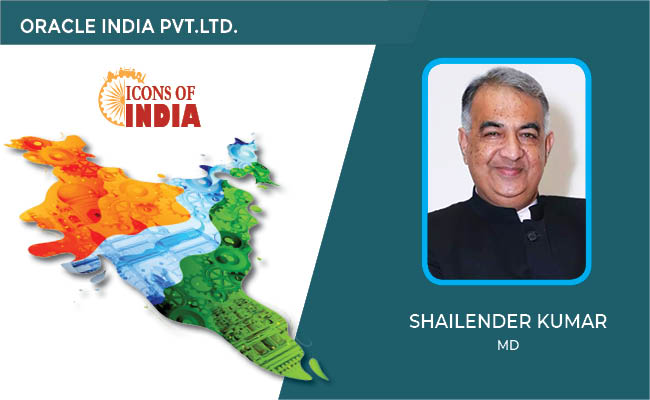
ICONS OF INDIA : SHAILENDER KUMAR
Shailender Kumar is senior vice president and regional managing direct...

Icons Of India : AMIT CHADHA
Amit Chadha serves as the CEO and Managing Director of L&T Technology ...
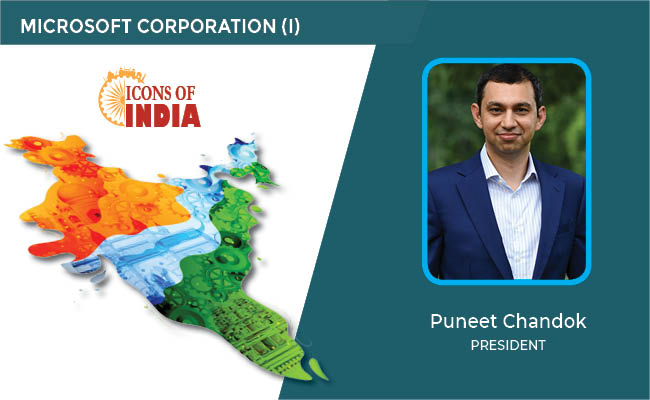
Icons Of India : Puneet Chandok
Puneet Chandok is President, Microsoft India & South Asia and is respo...

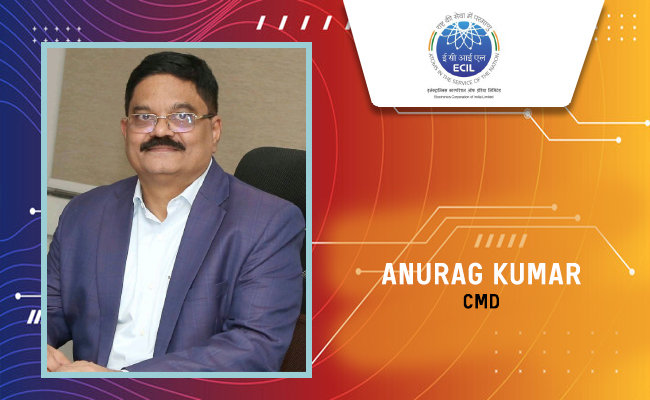
ECIL - Electronics Corporation of India Limited
ECIL is distinguished by its diverse technological capabilities and it...
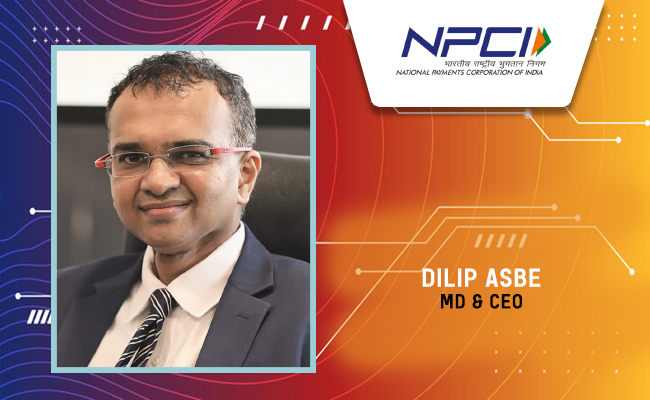
NPCI - National Payments Corporation of India
NPCI is an umbrella organization for operating retail payments and set...
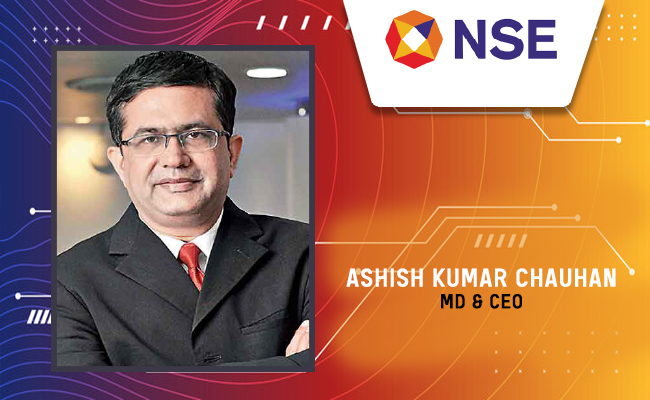
NSE - National Stock Exchange
NSE is the leading stock exchange in India....

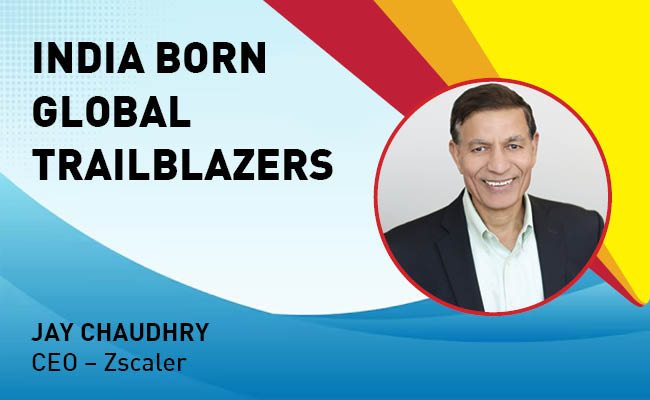
Indian Tech Talent Excelling The Tech World - JAY CHAUDHRY, CEO – Zscaler
Jay Chaudhry, an Indian-American technology entrepreneur, is the CEO a...
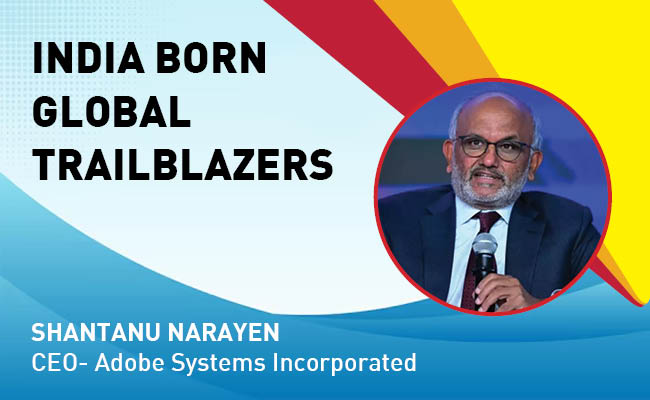
Indian Tech Talent Excelling The Tech World - Shantanu Narayen, CEO- Adobe Systems Incorporated
Shantanu Narayen, CEO of Adobe Systems Incorporated, is renowned for h...
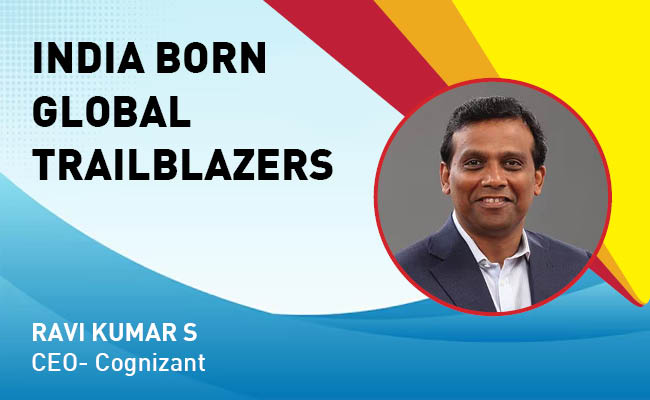
Indian Tech Talent Excelling The Tech World - RAVI KUMAR S, CEO- Cognizant
Ravi Kumar S, appointed as CEO of Cognizant in January 2023, sets the ...
 of images belongs to the respective copyright holders
of images belongs to the respective copyright holders